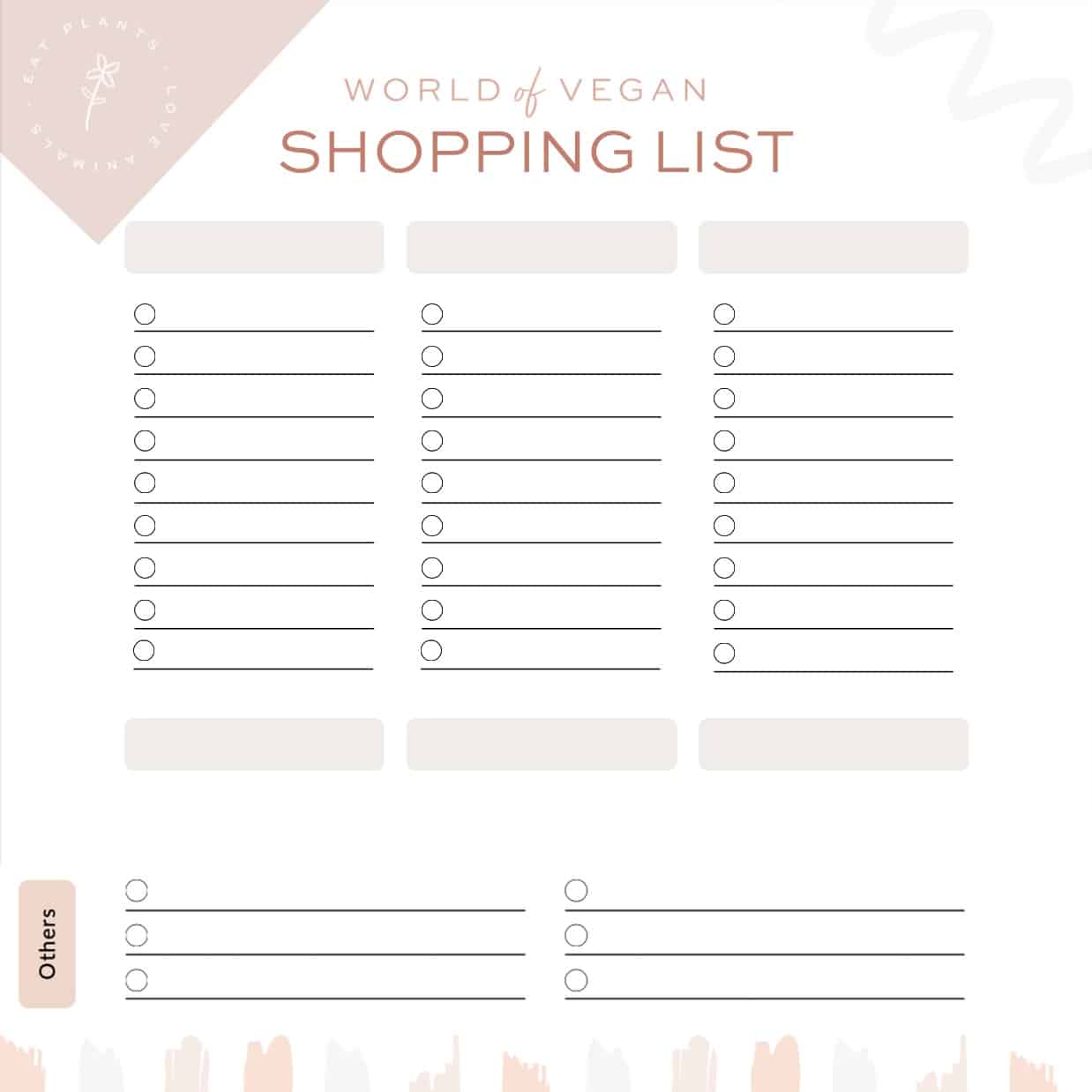How to Create Healthy New Year’s Resolutions


As each year draws to a close, we begin thinking about the future and what the new year may bring. For some this means developing New Year’s resolutions.
Many people use New Year’s resolutions as way a way to get healthy, mostly focusing on dieting and weight loss. Unfortunately, many resolvers fail to meet their goals. Error number one is reducing health to a number on the scale. Error number two is creating unrealistic goals. Follow these tips to create and achieve healthy New Year’s resolutions this year.
Positive Change
Before you declare your goal weight to the world, first take time to reflect. Reflect on where you are and where you want to be. Write it down. Now, how will you get to where you want to be? Will it be losing 20 pounds? Maybe. Maybe not. Make sure you consider the goal in relation to you. Is it going to be a truly positive change for you?
New Year’s resolutions don’t have to be about weight. They can be about stress management and focusing on self-care. They can be about volunteering and helping others. They can be whatever you want them to be. Sit down and map out what positive change you want to bring in 2016, whatever it may be.
Realistic and Sustainable
Many people fail to achieve their New Year’s resolutions because they encumber themselves with totally unattainable (and sometimes unhealthy) goals. Is getting back to your high school dress size realistic? Not really. Is it sustainable? Heck no. Don’t waste your time stressing yourself out and wasting energy on goals that only bring you negative energy and make you feel like a failure.
If you are overweight (talk to a medical professional about what this means—they should use a combination of your height, weight, body fat percentage and waist circumference to assess your weight status) and want to lose weight, aim for a gradual loss of 1-2 pounds per week achieved through healthy diet and exercise. If you’re not overweight, ask yourself why weight loss is so important.
One thing I always tell my clients is don’t make any changes you don’t intend to maintain. In other words: if you can’t do it forever, don’t even start. Say goodbye to fad diets and liquid cleanses.
Measurable and Specific
Once you have a positive, realistic and sustainable goal in mind, get specific. Don’t just say “I’m going to eat healthier this year.” Say, “I’m going to eat 5 servings of fruits and vegetables every day” and then track it. That’s right, track it. Make yourself accountable by using a food journal. Share your goals with your friends and have frequent check-ins to discuss how it’s going. Write it down. Post it up. Set reminders. If you’re serious, get serious.
Examples of Healthy New Year’s Resolutions
- Attend noon yoga class at the gym next to the office every Tuesday and Thursday.
- Wake up 15 minutes earlier each day to drink tea and set intentions for the day.
- Sign up for monthly massage package and schedule massages for Sunday evenings once a month.
- Switch to 100% whole-grain pasta and bread.
- Have family dinner at home 3 nights per week.
- Walk/bike to work 2 days per week.
- Eat ½ cup beans or lentils 5 days a week.
For more wellness tips, check out Taylor Wolfram’s other articles and her website.
Disclaimer: The information presented here is not to be construed as medical advice or used to diagnose, treat, cure or prevent any condition or disease. Cover image designed using Canva.com.










